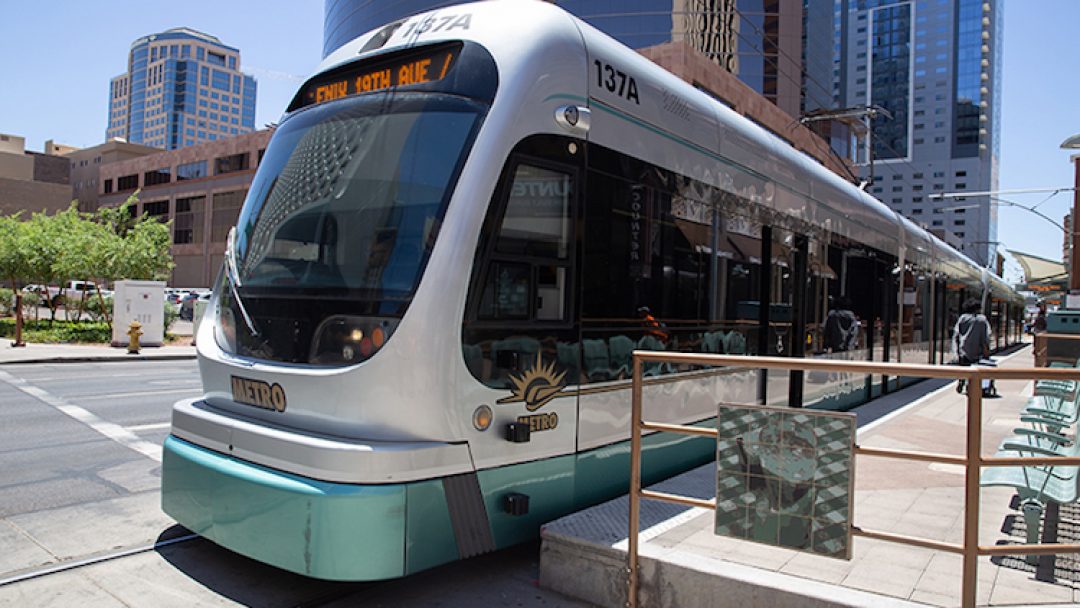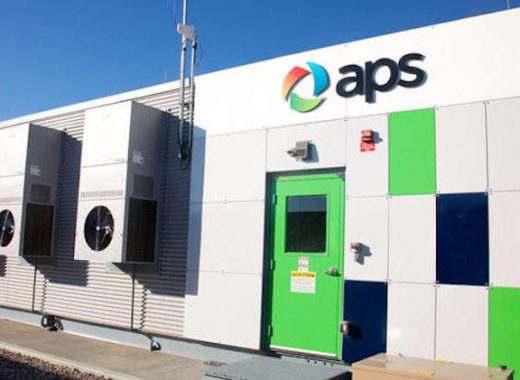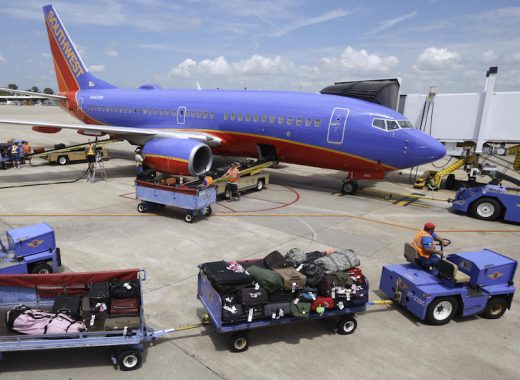Phoenix has obtained a $100 million grant from the U.S. Department of Transportation’s Federal Transit Administration, but whether or not they get it is dependent on voters. The grant is intended for a Phoenix light rail extension, but Phoenix will note receive the money if voters vote against it next month.
The money would be used for a 5.5-mile South Central Avenue extension from the established tracks to Baseline Road, but there are many who believe it to be a waste of money. Opponents also claim it’ll negatively impact the area.
In February, the City Council decided to put the contentious extension up for a vote; the vote will be held on Aug. 27.
The city will be responsible for paying a quarter of the $1 billion it would cost to build the tracks. The portion, which would cost $220 million, will be paid for by a transportation tax.
Funds from federal and regional sources will cover the rest of the cost, but it would only be available for the Central Avenue plan.
Supporters of the initiative, which includes Mayor Kate Gallego, believe the project will spur economic development.
“Today’s announcement is also an important reminder of the federal dollars that our city would lose out on should Proposition 105 pass in the city’s August election, effectively ending light rail in Phoenix,” Gallego said.
“Ensuring that federal dollars go to important projects such as the light rail expansion means that our city tax dollars can fund priorities such as public safety and additional road improvements.”
The nine-station extension would reduce the lanes on Central Avenue from four lanes to two lanes. This is a main concern of opponents of the project.
The project was approved to move onto its next steps in April, and this made it eligible to use $530 million from an FTA grant program.
According to Valley Metro, this funding would allow the project to continue its preconstruction activities.
This preconstruction was supposed to begin this summer and line construction was to begin spring 2020. The line was to be operational by 2023.








